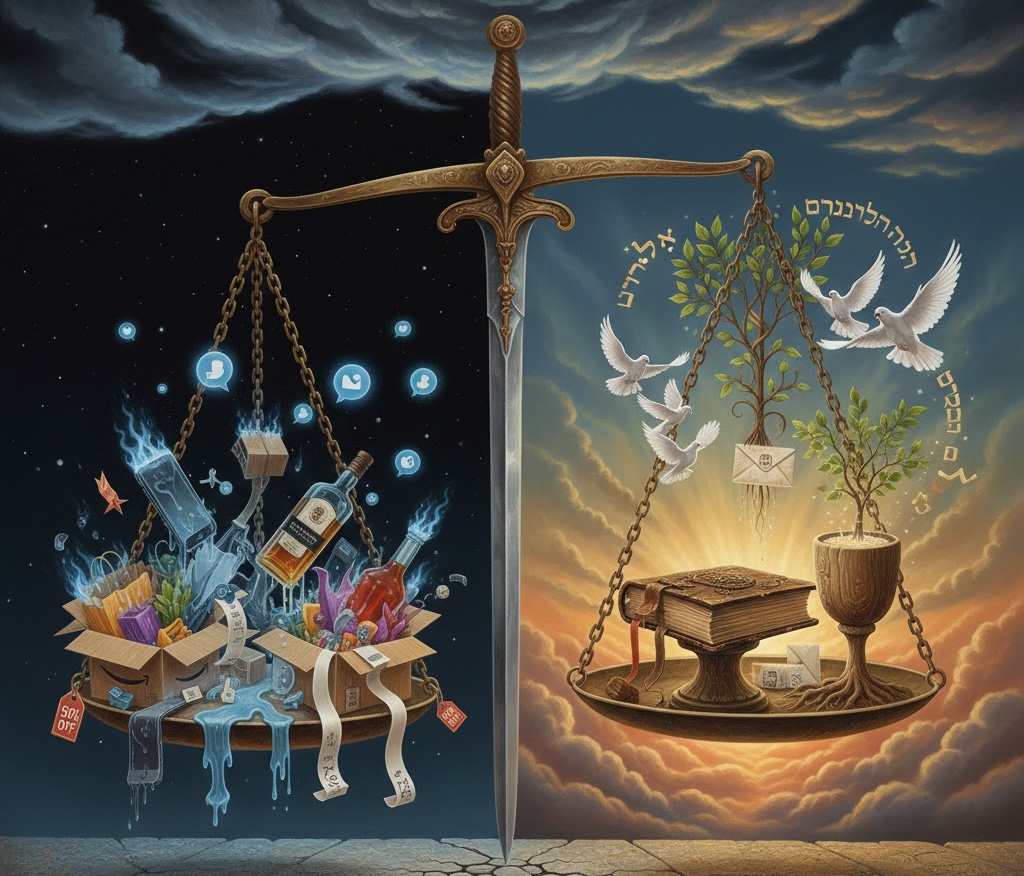February 1, 2022|ל' שבט ה' אלפים תשפ"ב Mishpatim 5782 - Avoiding Groupthink - In Sanhedrin & In Our Lives
Print Article*Special thank you to Rabbi Dr. Mordechai Schiffman whose article “Psyched for Torah - The Dangers of Groupthink" inspired this one.
In 1972, Dr. Irving Janis, a Yale psychologist wrote a pioneering book called “Victims of Groupthink”. In his book, Dr. Janis describes the concept of Groupthink: When likeminded people gather to make a decision, and, due to the social pressures to conform, they all gravitate to the same conclusion, without taking the time to fully analyze all side of the issue.
Dr. Janis argues that it was groupthink which played a significant role in many failed political policies, from the failed Bay of Pigs Invasion of Cuba to NASA’s Challenger and Columbia disasters.
As Janis himself writes:
“I use the term groupthink as a quick and easy way to refer to the mode of thinking that persons engage in when concurrence-seeking becomes so dominant in a cohesive ingroup that it tends to override realistic appraisal of alternative course of action.”
In other words, in an environment where individuals are afraid not to conform to the group’s already pre-determined outcome, then the group will never be able to hear alternative opinions or approaches that could help them make a more-informed decision. And what is so scary about it is that because the members of the group look around and see that everyone agrees they feel even MORE confident that their decision is correct.
In a paper entitled: “Groupthink and the Sanhedrin” Rabbi Dr. Eliezer Schnall, a Professor of Psychology at Yeshiva University, and his colleague Dr. Michael Greenberg argue that many of the halachos that regulate the operation of the Sanhedrin, the Jewish High Court, serve specifically to counteract the possibility of Groupthink.
After all, the Sanhedrin was a group of like-minded individuals with similar backgrounds who were responsible for making life and death decisions. Without the proper checks and balances, groupthink was a real possibility.
Among the many proofs they bring in their article, a number of them come from this morning’s parsha.
When offering guidance for how to make difficult decisions, the Torah tells the Sanhedrin:
לֹא תִהְיֶה אַחֲרֵי רַבִּים לְרָעֹת וְלֹא תַעֲנֶה עַל רִב לִנְטֹת אַחֲרֵי רַבִּים לְהַטֹּת:
“One should not follow the majority for the bad.”
Rabbeinu Bechayei writes that this is a charge to individuals to be careful not to spend time in the wrong crowd, even if they are the majority. Rashbam, however, argues that this pasuk is talking to members of the Sanhedrin, and is telling them as follows: Yes, in general we follow the majority. However, if you are a judge on the court and you believe the majority are making the wrong decision, “Lo Tihiye Acharei Rabim L’Raos” don’t just follow along with the majority. Rather, speak up and make your opinion known!
אם הם דנים שלא כדין לפי דעתך, ואעפ"י שלא יאמינו לך כי אם למרובים:
If they are making a decision which you think is incorrect, EVEN IF YOU THINK THEY WON’T LISTEN TO YOU, but only to the majority, you still MUST speak up!
The Gemara in Sanhedrin 17a states that if a Beis Din is judging a capital case and they find that they line up 70-0 to find the defendant guilty, he cannot be convicted.
Why? Because there is a concept in the halacha known as “Halanas HaDin”, meaning that before any conviction, the members of the Sanhedrin are required to “sleep on it”, to spend the night considering the decision and make certain that the opinion they are advancing is, indeed, correct.
However, says the gemara, if all the members have argued the defendant is guilty, there won’t be any judge considering the case in order to argue on behalf of the defendant! If so, the judgment cannot be finalized. It is only once we have heard ALL opinions and ALL sides that a final verdict can be handed down.
And this same pasuk contains a second half as well:
וְלֹא תַעֲנֶה עַל רִב לִנְטֹת אַחֲרֵי רַבִּים לְהַטֹּת:
Some, like the NETZIV and Seforno explain that this pasuk is continuing to drive home to the judges that they should ALWAYS give their opinion, even if it is AGAINST the majority. However, Rashi explains that there is a drasha to be made here. The Pasuk writes the word RIV with a missing YUD which could be read as RAV. And what does the word RAV come to teach in this instance? Typically one should not speak up against one’s Rav, as we know, a student is not allowed to pasken a halachic question in front of his or her rebbe. However, the pasuk here is coming to teach us that LO TAANE AL RAV, don’t force the younger judges to speak up in front of their rebbeim. Rather, allow the younger, less-experienced judges to speak up FIRST! This way their voices can be heard, and they won’t feel intimidated by the elder statesman.
Yet another example of how the halacha strives to avoid groupthink in the Sanhedrin.
And, in fact, if you study the dynamics of groupthink and how to avoid it, one of the most important elements in decision-making is what is called the “open leadership style”, where dissenting opinions are encouraged so that leaders can make decisions based on all of the applicable information and possibilities.
And while groupthink is particularly harmful in the area of governmental policymaking, its effects can be felt in many other areas as well. All of us are vulnerable to the challenge of groupthink within our social group and within our community. Certain expectations and assumptions about how thinks “have to be” exist all around us, and our goal, like those of the members of the Sanhedrin, should be to be willing to think for ourselves, to ask ourselves if we are making decisions based on our personal values or simply based on groupthink.




